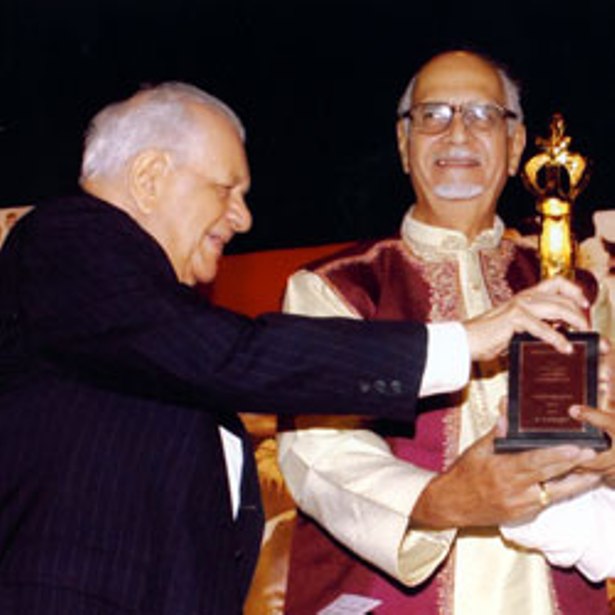For Decades, This Scientist’s Many Ideas Have Generated Crores in 12,000 Villages
Dr. Karve has developed more than 25 innovative rural technologies.
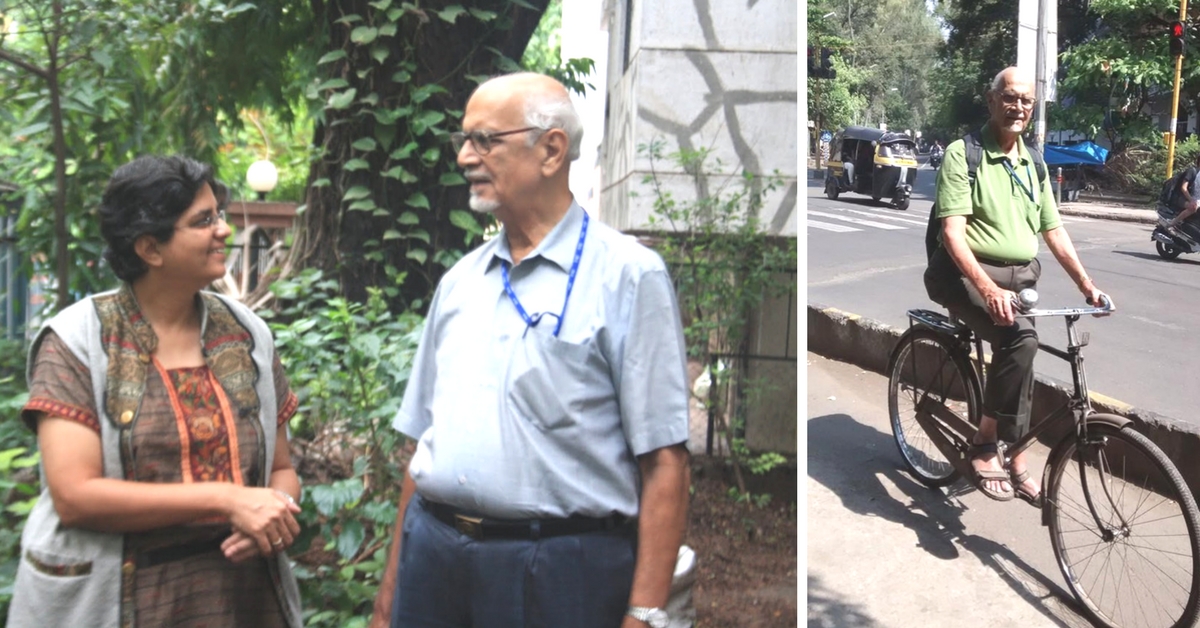
Dr Anand Karve, the founder of the Appropriate Rural Technology Institute (ARTI), to conduct the work of developing new rural technologies, has a stunning list of achievements to his name, some of which we shall have a look at below.
Since 1964, Dr Karve has continuously headed research organisations and conducted research projects.
More than 50 R&D projects were successfully conducted by him in his long career as a professional scientist.
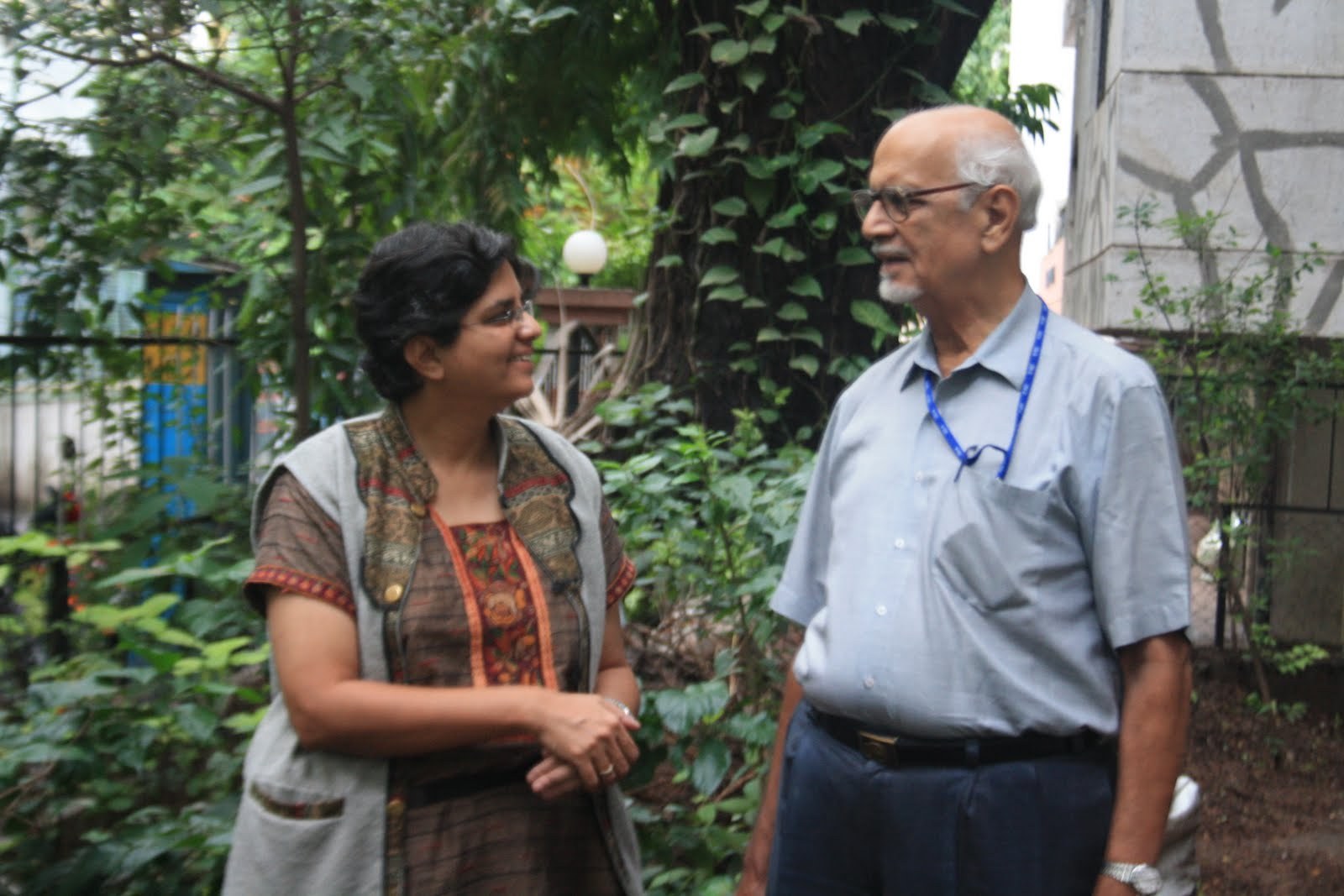
A major part of Dr Karve’s work has been in the field of agriculture and this includes research in plant breeding, agronomy, pest control, crop physiology, water management, seed technology, plant tissue culture, greenhouse technology and post-harvest technology, practice of biodegradation of bamboo, drip irrigation for tree plantations, a new method of organic farming and rural energy from agro waste.
Also read: Overcoming Even Death Threats, This Gandhian Helped Transform 550 Villages
He was also instrumental in creating a co-operative business called Sahyadri Tantraseva Audyogik Sahakari Sanstha Ltd with the sole aim of commercialising the technologies generated by ARTI.
He was the Director of Nimbkar Agricultural Research Institute at Phaltan, Dist. Satara, and Maharashtra during 1968-80 and, since then, has been associated with research activities for institutions in India and abroad.
Dr. Karve has developed more than 25 innovative rural technologies such as New Nursery Techniques for propagating species by the simple method of rooted cuttings, where the cuttings are treated with a rooting hormone and kept under conditions of high atmospheric humidity in a low cost high humidity chamber.
The development of new techniques and new designs for rural artisans with an eye on increasing the earning capacity of rural inhabitants and reducing the drudgery of rural women were undertaken.
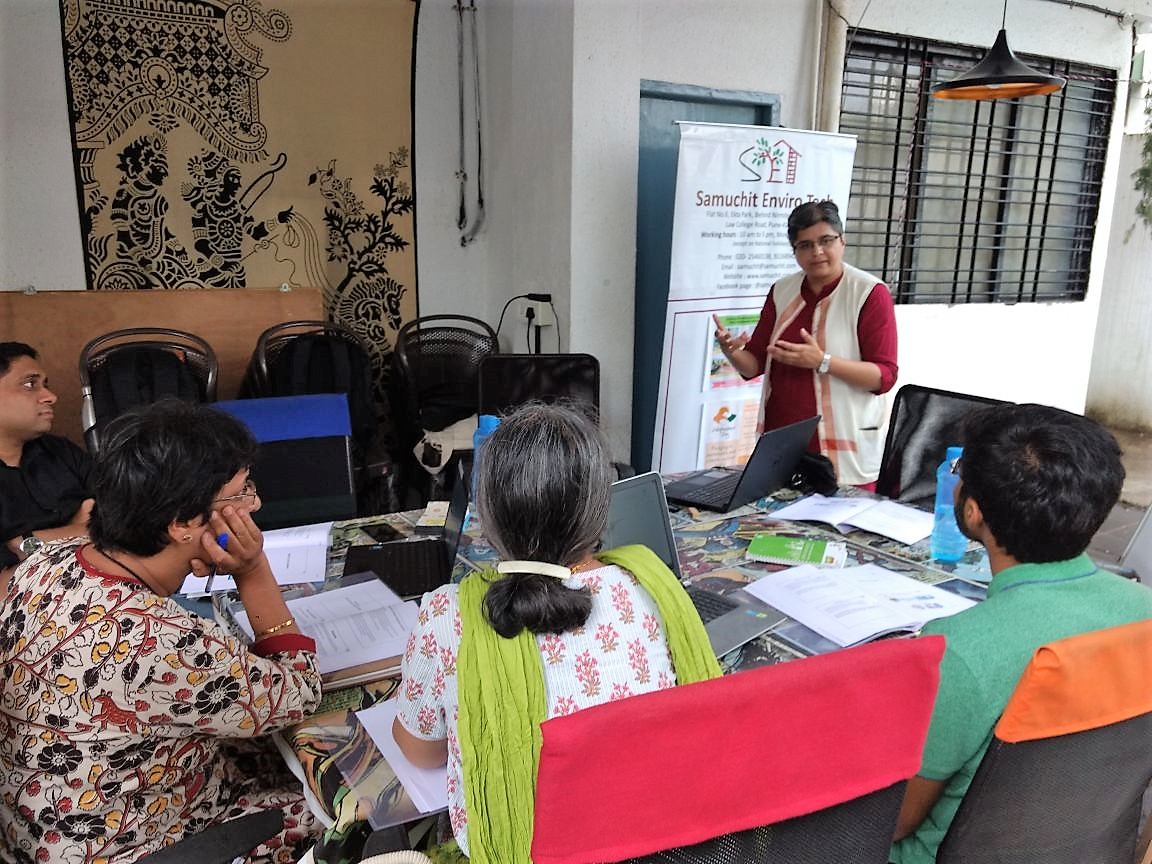
He also developed new items for the Nursery Business based on seedlings of seasonal crop species and standardised the methods for sugarcane, cotton and pigeon pea.
These research projects include several crops, viz., sorghum, cotton, safflower, groundnut, sugarcane, sugar beet, sesame, maize, vegetables and flowers.
He also introduced low-cost tissue culture using a pressure cooker instead of an autoclave, rainwater instead of distilled water and jam jars instead of costly Pyrex or Borosil ware.
He has successfully experimented with farming on permanent raised beds made of a mixture of sand and soil, laid on a plastic film. All the soil related limiting factors are eliminated.
Dr. Karve has devised standardised cloning techniques for about 50 plant species having medicinal and non-timber forest products. He has also devised a novel method of growing root drugs, a technology for producing char briquettes from light biomass, a technology for making bamboo non-biodegradable and using the same for constructing outdoor structures, a technique for using saline water for irrigation, use of domestic sewage for raising trees, etc.
Practically, all these technologies are replicable. The technologies developed by Dr Karve have given rise to a large number of rural businesses, which are generating crores of rupees in rural areas of Maharashtra.
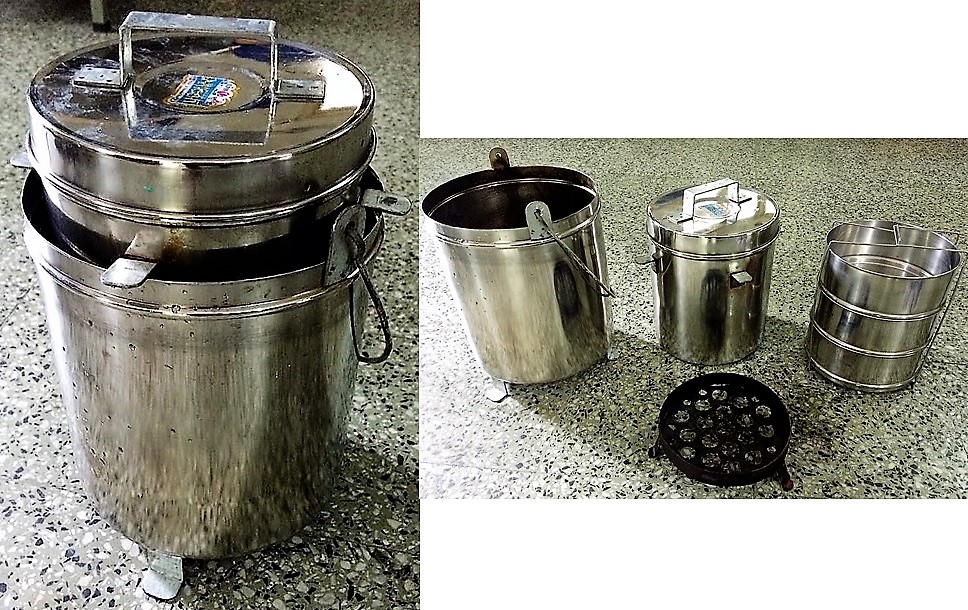
Since 1989, Dr Karve has covered more than 12000 villages training thousands of persons in the rural areas and now in the Rural Entrepreneurship Development Centre at Phaltan, Dist. Satara, and Maharashtra.
The trainees include rural inhabitants, students, teachers, rural artisans, representatives of voluntary agencies, functionaries of co-operative industries and even Government servants.
As a result of the pioneering work conducted by Dr Karve in the field of household energy, Appropriate Rural Technology Institute (ARTI), the organization headed by Dr Karve, was invited in 2002 to work as a partner of the Asia Regional Cookstove Programme (ARECOP) and Members of ARTI have served as resource persons in training workshops held by ARECOP in Nepal, Philippines, Thailand, Indonesia and Vietnam.
Also read: Inspired by Gandhi, This Lady Has Dedicated 50 Years to Help the Downtrodden
Following an invitation by the United States Environmental Protection Agency, Dr Karve constructed a compact biogas plant in the USA in February 2006. In April 2007, he served as a resource person at a workshop on modern methods of charcoal making, held in Pak Chong (Thailand).
He demonstrated the method of making char briquettes from agricultural waste.
In 2003, ARTI was selected by The Ministry of Human Resource Development, Government of India, to act as one of the centres for providing training in rural technologies to women’s self-help groups.
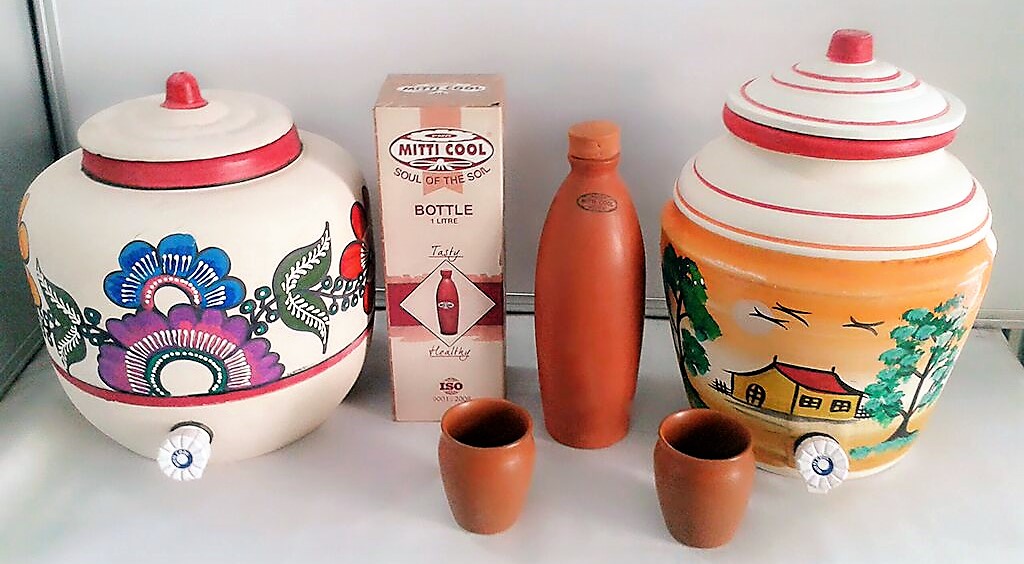
During the same year, ARTI was accorded the status of a Partner Organisation by The United States Environmental Protection Agency, Washington, D.C., USA. In January 2005, Dr. Karve was awarded a grant of US $133,000 by the United Environmental Protection Agency, Washington, D.C. USA, to standardize and commercialise his latest technological innovation of a compact biogas system.
Dr. Karve has received a large number of Awards and Honours: In 1983, he received a Senior Research Fellowship by Alexander von Humboldt Foundation, Bonn, Germany.
In 1994, he received Prof. B.D. Tilak Award and a Citation by Indian National Science Academy, for Application of Science and Technology for Rural Development.
In 2002, he received the Ashden Award for Renewable Energy, instituted by the Ashden Trust and Whitley Awards Foundation, London, U.K. In 2006, he received the Ashden Award for sustainable energy from Ashden Trust, London. In 2007, he received the Certificate of Merit from United States Environmental Protection Agency for Innovation in Stoves Design.
He is also the recipient of Jamnalal Bajaj Award for Application of Science and Technology for Rural Development-2007
(Edited By Vinayak Hegde)
Like this story? Or have something to share? Write to us: [email protected], or connect with us on Facebook and Twitter.
NEW: Click here to get positive news on WhatsApp!
If you found our stories insightful, informative, or even just enjoyable, we invite you to consider making a voluntary payment to support the work we do at The Better India. Your contribution helps us continue producing quality content that educates, inspires, and drives positive change.
Choose one of the payment options below for your contribution-
By paying for the stories you value, you directly contribute to sustaining our efforts focused on making a difference in the world. Together, let’s ensure that impactful stories continue to be told and shared, enriching lives and communities alike.
Thank you for your support. Here are some frequently asked questions you might find helpful to know why you are contributing?


This story made me
-
97
-
121
-
89
-
167



